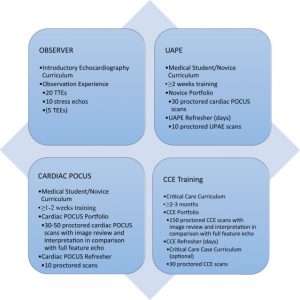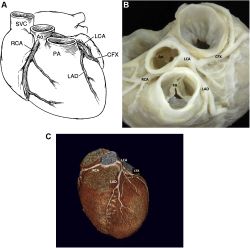
ASE, along with its WRMSD Grand Challenge Alliance partners, is pleased to present a LIVE webinar on the Journal of the American Society of Echocardiography article “Characteristics and Consequences of Work-Related Musculoskeletal Pain among Cardiac Sonographers Compared with Peer Employees: A Multisite Cross-Sectional Study.” Please plan to join us on May 27, 5:30 – 6:30 PM EDT. Sergio Barros-Gomes, MD, first author of the article, will provide a comprehensive review of this article and discuss the prevalence, magnitude, and impact of work-related musculoskeletal disorders. Dr. Barros-Gomes will describe this problem from an epidemiologic standpoint, and discuss risk factors and what we can do to help promote our specialty and prevent injuries.
Registration is FREE for everyone. You can claim 1 AMA PRA Category 1 Credit™ within 24 hours of watching the webinar. The webinar will also be posted for on demand viewing and claiming CME.
Specific questions regarding webinar registration can be sent to Jenn Goss at JGoss@ASEcho.org.
This webinar is sponsored by the WRMSD Grand Challenge Alliance, a pioneering alliance of leading ultrasound organizations that has come together in an effort to stop work-related musculoskeletal disorders (WRMSD) resulting from the performance of diagnostic medical ultrasound.


 The April JASE contains, “
The April JASE contains, “ The
The